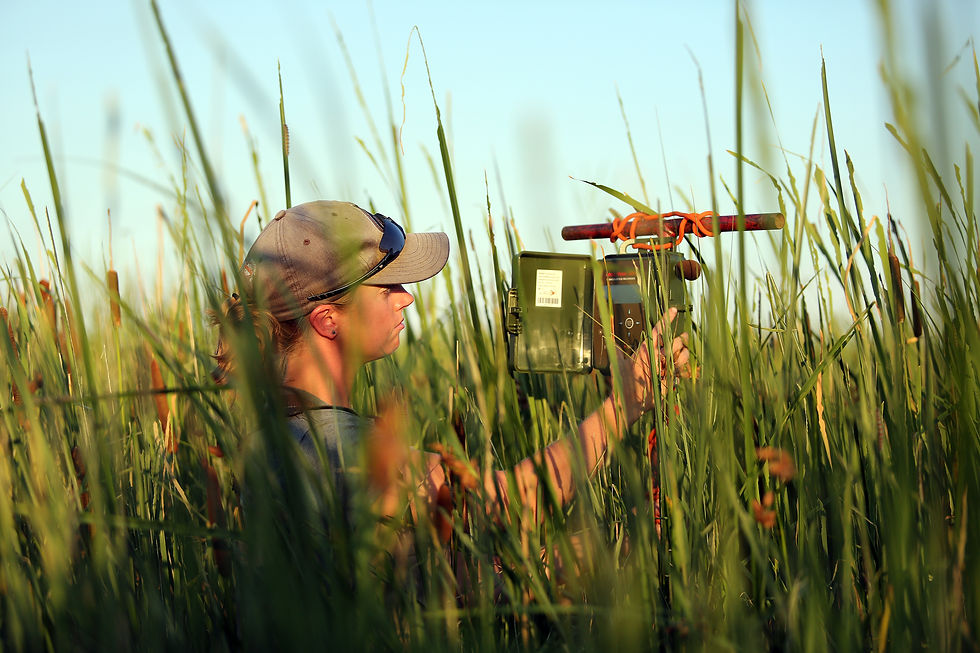
Juvenile white-crowned sparrow
(C) Katie Schroeder
Katie M. Schroeder, PhD
Avian Ecology and Conservation
Research
Current Directions
I recently started a postdoc with Tall Timbers and Texas Tech Quail! We'll be using long term datasets from across the southeastern US to answer questions about Northern Bobwhite ecology and management. Check back soon to see what I'm up to!


Past Projects

swamp sparrow

swamp sparrow
Swamp sparrow (C) K. Schroeder
My dissertation:
Species-specific song discrimination in nestling songbirds
I am exploring the development of species recognition in young songbirds. Based on decades of research, we know that juveniles start to imitate song exemplars during a sensitive period that begins shortly after fledging from the nest. But what is going on in the brain before this sensitive period? Other labs have shown that nestlings, and even embryos, can discriminate species-specific songs. I used behavioral tests and electrophysiology to determine the ecological and neural consequences of early (before the sensitive period) auditory and social experience in wild nestling swamp sparrows and captive zebra finches. It turns out that song learning, at least of species types, is occurring earlier than previously thought! Check out my publications to learn more.


Individual recognition in a species with simple, unlearned calls
Individual recognition is widely argued as a factor promoting the evolution of vocal learning. Yet, many studies have shown the presence of individually variable vocalizations and, in some cases, discrimination of conspecific groups in species with unlearned calls. The aim of this study, as part of my master’s work, was to test for individual recognition in a species with simple, unlearned calls. I conducted a playback experiment with wild king rails (Rallus elegans) to test if their grunt, a simple, pulsed territorial call, is used in individual recognition.



King rail (C) Todd Pusser


Passive acoustic monitoring
Autonomous recording units (ARUs) provide a novel, non-invasive method for acoustic detection of rare, secretive species. However, previous studies have encountered challenges when creating signal recognizers to detect species with simple vocalizations. For this project, I investigated the utility of ARUs and automated detection software in identifying the simple calls of a rare species, the king rail, for monitoring its ecology and behavior. Check out my 2020 Ibis paper to learn more!
Me deploying an ARU (C) Todd Pusser
You can find my audio files of the entire king rail repertoire by searching for my recordings on the the king rail page at Cornell University's Macaulay Library or navigating directly here.
Song variability in wild and domesticated zebra finches
Across individuals in a population, Australian zebra finch (Taeniopygia guttata guttata) songs are more variable than Timor zebra finch (T. g. castanotis) songs. Using a combination of conditioned place preference trials and analytical chemistry within target brain regions, I conducted a pilot experiment to determine if differences in song variability might be due to differences in dopamine signalling. As part of a larger project comparing genetics and behavior, I also used behavioral observation to quantify the proportion of directed and undirected song in males of the two subspecies.


Zebra finch brain
